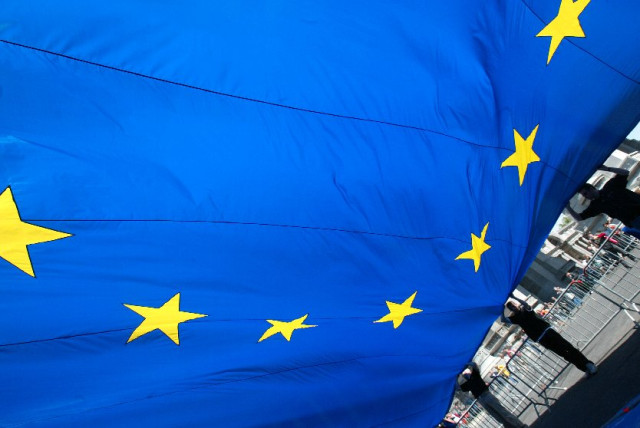Schengen visa statistics released over the weekend has stated that African nationals seeking visas to enter the European Union will face higher expenses as the EU is set to raise visa fees effective Tuesday (tomorrow), June 11.
The statistics indicate that African nationals will now be required to pay €90 instead of the previous €80 for a Schengen visa application.
The report also reveals that the EU has generated €3.4m from declined Schengen visa applications from Nigerian citizens.
In 2023, African nationals received a total of 704,000 unfavourable responses to their visa requests, according to the data.
“This means that €56.3m went up in smoke, considering that visa application fees are not refundable,” it stated.
The report noted that a high number of rejected visa applications had caused African nationals to spend millions every year, with the fees known as ‘reverse remittances’ benefitting no one but the EU countries.
It noted: “African nationals spent €56.3m in visa application fees in 2023, representing 43 per cent of all expenses; rejection rates in 2023 were especially high for African and Asian countries, which bear 90 per cent of all expenses.
"Expenditures are to increase by 12.5 per cent starting next week as the EU raises visa fees for adults from €80 to €90 on 11 June, following a recent decision by the EU Commission."
In 2023, Algeria accounted for the highest number of rejected applications, making up 23.5% of the total expenditure on rejected applications. Additionally, it had the second-highest number of rejected applications overall, with 289,000 out of 704,000, representing 42.3% of all requests.
The high rate of visa rejections has a significant impact on a particular nationality group, as they have a high number of visa applications and face economic consequences when their visas are denied, according to the report.
Moroccans, who were the top visa applicants from Africa in the year, experienced the highest number of visa rejections.
In 2023, a total of 437,000 visa requests from Moroccans were rejected, accounting for 62% of the total rejections.
This resulted in Moroccans spending €10.9m on rejected visa applications.
The report highlighted that Africans, who generally have lower wages compared to other regions, were disproportionately affected by these expenses. Additionally, the report noted that the amount spent on rejected visa applications by Africans constituted 43.1% of the total expenses in 2023.
According to a recent study by EU Observer, the 2023 Schengen visa rejections resulted in a total of €130m.
The report noted that the previous year's amount was €105m, indicating an increasing trend in both Schengen visa expenses and rejection rates.
Marta Foresti, the founder of LAGO Collective, emphasized the real-world impact of visa inequality, stating that the world's most impoverished individuals bear the brunt of these consequences.
She likened the costs of rejected visas to "reverse remittances," with money flowing from poor to rich countries.
Foresti urged for a shift in the conversation around aid and migration to include these overlooked costs.




















